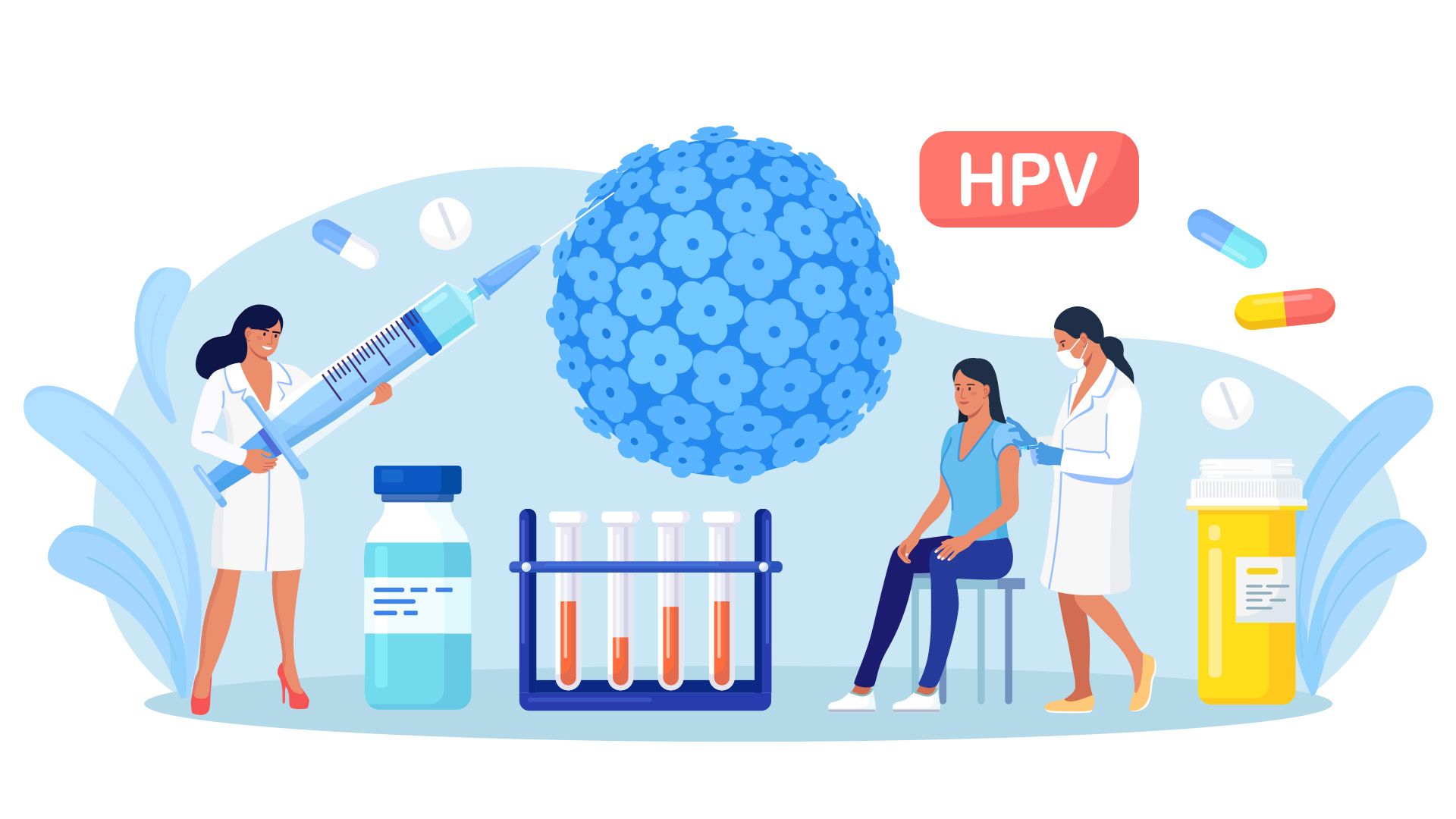Advice for managing Covid-19 pain and fever safely at home
Drickus Maartens • July 29, 2020
Even the safest painkiller must be used with care, pharmacist warns
Fever, body aches and pain are among the commonly reported symptoms of Covid-19 and are also associated with other viral infections, including influenza. While these symptoms can be most unpleasant, frequently they can be managed at home on the advice of a healthcare professional. It is crucial, however, that medications for relieving symptoms are always used appropriately and safely, a pharmacist warns.
“Many Covid-19 patients describe experiencing severe headaches, body aches, sore throat and chest pain, and the most common symptoms reported are fever, chills, and shivers. Paracetamol has been proposed as the safest drug for relief of these symptoms, particularly pain and fever, for most of the population,” says pharmacist Ria Westerman of Medipost Pharmacy, South Africa’s largest national courier pharmacy.
“Even though paracetamol is effective and very safe even for pregnant women and babies, as with all medicines, it is extremely important not to exceed the dosage that is specified on the packaging or recommended by your treating doctor. When taken in excessive doses, an overdose of this safe medicine can lead to toxic effects on the body,” she explains.
How paracetamol can be helpful for Covid-19 home care
Fever – a heightened body temperature of 37.5 degrees Celsius or more – is common in our bodies’ response to an infection such as Covid-19.
“It has been noted that in certain cases, the pain and fever and other symptoms of the illness can feel so bad that the person becomes anxious and may even experience panic attacks, which could potentially worsen their situation. Fortunately fever, aches and pains can be effectively managed with paracetamol, which is inexpensive and readily available without the need for a doctor’s prescription.”
Paracetamol still regarded as safest, 65 years later
“Before the introduction of Paracetamol in 1955, all the other painkillers that were available either had unpleasant side-effects or a significant risk of the patient experiencing a bad reaction to the medicine. The development of paracetamol was an enormous breakthrough, and even up to this day it is still considered the safest analgesic [meaning ‘pain alleviating’] and anti-pyretic [meaning ‘fever reducing’] medicine available,” she explains.
Although paracetamol is safe for all ages, from babies to adults, with very few side-effects and little interaction with other types of medicine, Westerman emphasises that all medicines should be used with care and only as advised.
Avoiding overdose
“There are many products containing paracetamol, which is the generic name for the compound, and it is available under many different brand names either as a single ingredient or in combination with other ingredients. Accidental overdose is unfortunately common, but can be avoided. If you are taking more than one type of medicine, it is important to check all the ingredients to ensure you do not exceed the safe dosage for paracetamol.”
The standard dose for adults is 500mg (one tablet) to 1000mg (two tablets) four times per day. This means that 1000mg, or one gram, is the maximum dose for an adult in a six-hour period, which should never be exceeded, with a maximum of 4000mg (i.e. four grams equivalent to eight tablets) in 24 hours.
“Unlike most other types of painkillers, paracetamol can be taken on an empty stomach without causing irritation. In terms of pain relief properties, this is significant as paracetamol can be more rapidly absorbed, bringing more intense relief sooner than most other common oral analgesics. It is a gentle yet powerful painkiller,” she says.
Caution for some
Westerman points out that paracetamol is unfortunately not suitable for people with liver or hepatic impairment, as it is metabolised or processed through the liver. “As alcohol dependence can affect liver function, these patients should seek their doctor’s advice and only take paracetamol on their recommendation,” Westerman advises.
“There are very few interactions with other medications, of which the most significant is the interaction with anticoagulants (blood thinning), such as Warfarin, and people on such treatments should only take paracetamol under supervision or on the recommendation of a physician.”
People who make use of Medipost Pharmacy’s chronic medication delivery service or self-medication online shop https://shop.medipost.co.za have access to telephonic clinical advice from pharmacists and pharmacist’s assistants in their preferred official South African language to discuss dosage, possible side-effects or interactions and any other concerns relating to their medication. This service is available from Monday to Friday, 08h00 to 22h00, and Saturdays between 08h00 and 12h00.
“Although most people who fall ill with Covid-19 are able to recover at home with symptomatic relief, it is important to keep in regular contact with one’s treating doctor and seek medical attention immediately if symptoms worsen. It may also be reassuring to regularly check blood oxygen levels with an oximeter, which is available from leading pharmacies including the Medipost Pharmacy online shop,” Westerman notes.
“It is crucial that any medicine is only ever used according to the manufacturer’s or a healthcare professional’s advice, as inappropriate use can be harmful. When taken safely, however, paracetamol can bring immense relief for symptoms of pain and fever during recovery from colds, influenza and less severe cases of Covid-19,” she concluded.













